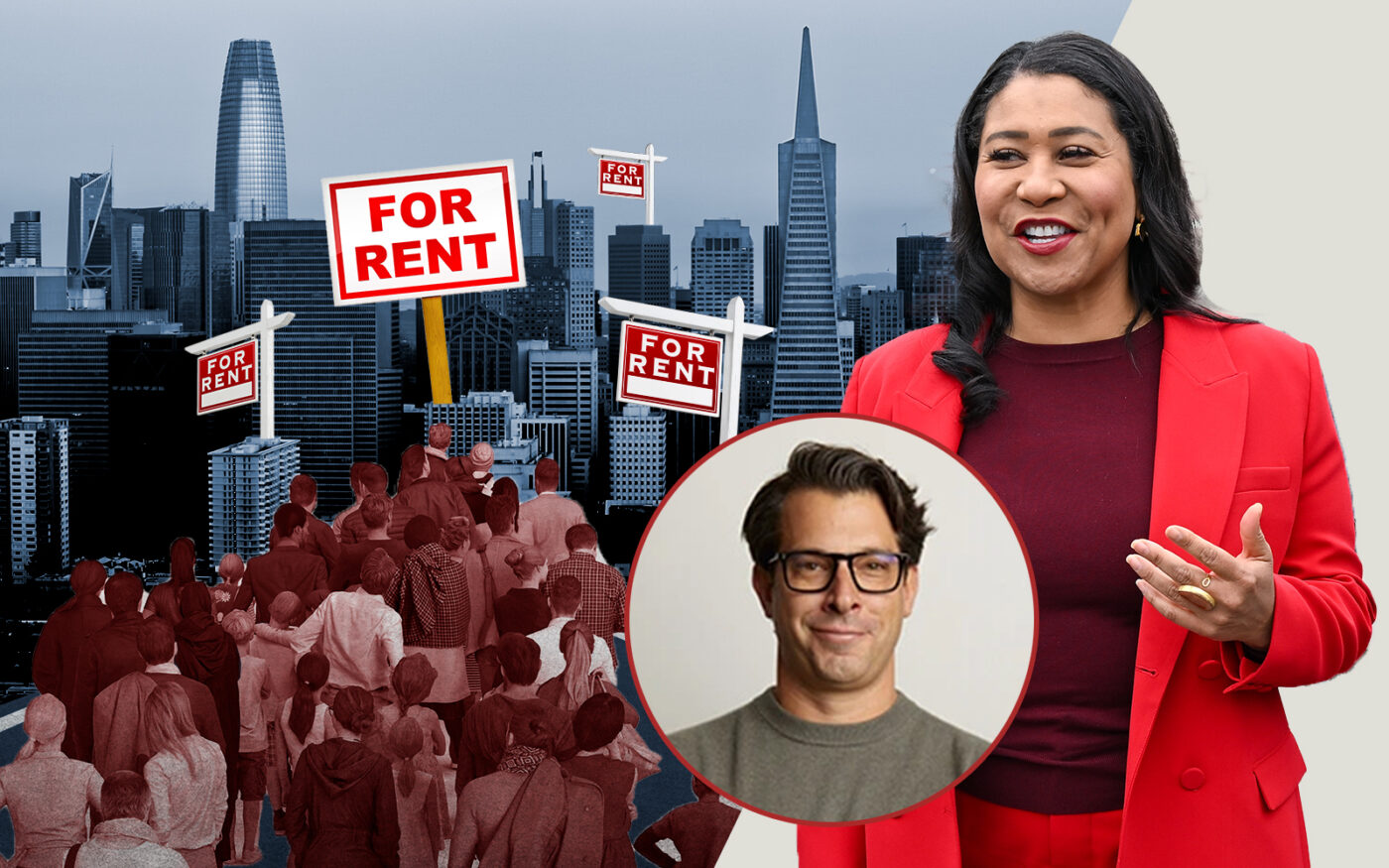A glimmer of hope has brightened a gloomy office market in San Francisco, with renewed demand driven by artificial intelligence and life science firms.
Demand for offices grew 10 percent in the second quarter from the previous three-month period in a city where one in three offices have been dark, Bloomberg reported, citing figures from VTS.
Prospective tenants since March have eyeballed offices of more than 50,000 square feet, with interest largely driven by a boom in AI firms, according to Nick Romito, CEO of New York-based VTS, which tracks demand by measuring tenants touring office properties in key U.S. markets.
Mayor London Breed said the demand for offices is not just from AI companies, but from life science firms needing room for labs.
The early indicator of renewed demand counters a “doom loop” refrain by media from outside San Francisco, which forecast a “death of Downtown” driven by a pandemic shift to remote work, with record office vacancies and increasing homelessness and open drug use.
City leaders, meanwhile, have launched development-friendly reforms intended to fix Downtown.
“There are at least 10 companies now in search of almost a million square feet of office space as we speak,” Breed told Bloomberg. “We’re seeing a huge increase in the need for more office space for certain companies. And so that’s going to start taking flight.”
Breed said San Francisco has seen hard times before — and always reinvented itself through its many downturns.
“It’s not to say problems aren’t happening,” Breed said, adding that “there’s a reason why people keep betting on San Francisco.”
The VTS measure bodes well for landlords who struggle with darkened offices that bring no rents as more employees work from home. Office use on an average weekday is half of what it was before the pandemic, according to badge-swipe figures from Kastle Systems.
“We feel like it’s the bottom,” Romito of VTS told Bloomberg. “They still have a long way to go because they’ve started at the bottom.
“While it’s a glimmer of hope,” he said, “they have to be consistent quarter-over-quarter for a while to get back to where they were.”
— Dana Bartholomew
Read more



